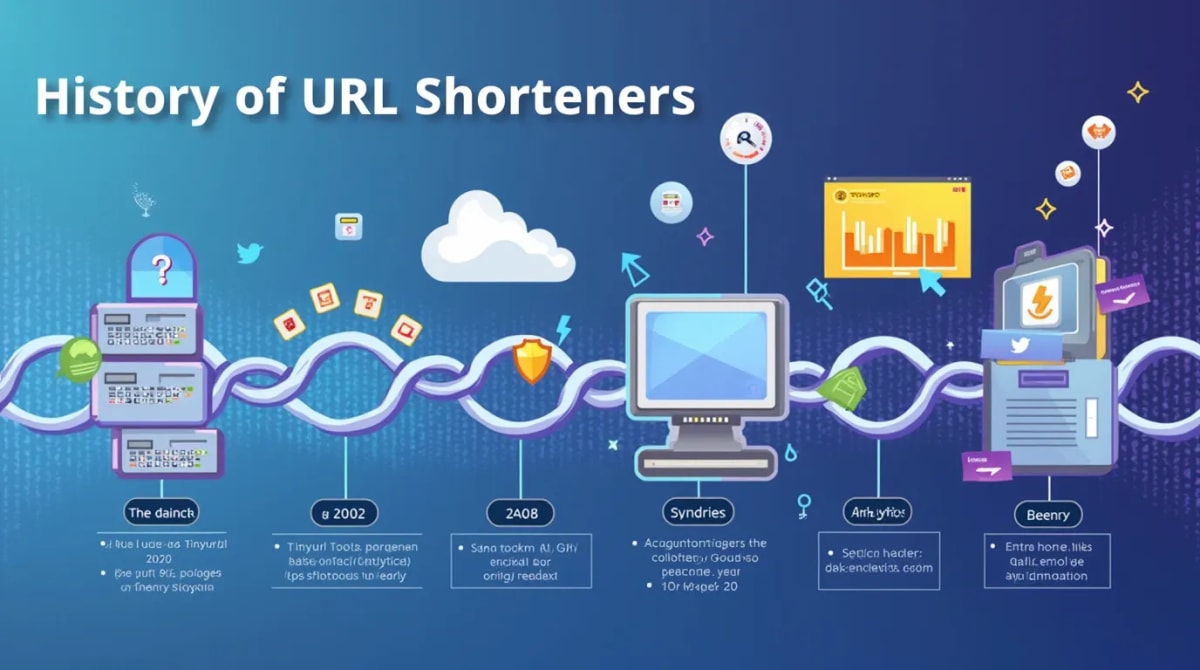
Why Website Security Matters
Last updated on: June 28, 2025
Website security isn’t just a technical necessity; it’s a foundational element of trust, user experience, and digital success. In a world where cyber threats are constantly evolving, neglecting website security could have catastrophic consequences for businesses and individuals alike.
Understanding Website Security
What Is Website Security?
Website security refers to the measures taken to protect websites from cyberattacks and unauthorized access. It ensures the integrity, availability, and confidentiality of the website and the data it holds.
Common Security Risks Websites Face
Websites are vulnerable to several risks, including hacking, malware, phishing attacks, and DDoS attacks. These threats can disrupt operations, steal data, and damage reputations.
The Role of Website Security in User Trust
How Security Breaches Affect User Confidence
High-profile breaches, such as those experienced by Equifax, illustrate how data theft can erode trust. Customers are unlikely to return to websites that fail to safeguard their information.
Building Trust with Secure Websites
Visible indicators like SSL certificates and trust badges reassure users that their data is safe. Websites using HTTPS connections are more likely to retain user trust.
Protecting Sensitive Data
Why Data Protection Is Critical
Regulations like GDPR and CCPA mandate stringent data protection measures. Failure to comply can result in hefty fines and legal action.
Encrypting User Information
Encryption transforms sensitive data into unreadable formats, ensuring it remains secure even if intercepted. Tools like Let’s Encrypt make it easy to implement encryption.
SEO and Website Security
How Google Prioritizes Secure Websites
Google actively promotes secure websites, giving preference to HTTPS in its ranking algorithm. Sites without HTTPS risk lower visibility.
Boosting SEO Through Secure Practices
Implementing robust security measures not only improves rankings but also prevents penalties related to malicious activities like spam or data theft.
Financial Implications of Poor Website Security
Costs of a Security Breach
Security breaches cost companies billions annually. From fines to lost customer trust, the financial toll can be devastating.
Investing in Prevention
Proactive security investments—like firewalls and penetration testing—are cost-effective compared to dealing with the aftermath of a breach.
Practical Steps to Improve Website Security
Regular Security Updates and Patching
Updating CMS platforms, plugins, and software ensures known vulnerabilities are addressed promptly.
Using Strong Authentication Methods
Implementing two-factor authentication (2FA) adds an extra layer of security. Password managers like 1Password can help users create robust credentials.
Backup and Disaster Recovery
Regular backups minimize downtime and data loss in the event of a breach. Services like Backblaze simplify the backup process.
Future of Website Security
Emerging Threats and Technologies
As technology advances, new vulnerabilities arise. AI and machine learning are playing dual roles, being used by both attackers and defenders.
Preparing for the Future
Continuous education and monitoring are crucial. Subscribing to industry updates, such as those from Krebs on Security, can help you stay ahead.
Conclusion
Website security is a non-negotiable aspect of the modern web. It protects data, fosters trust, and enhances your digital presence. By investing in security, you not only safeguard your website but also build a reputation for reliability and professionalism.









